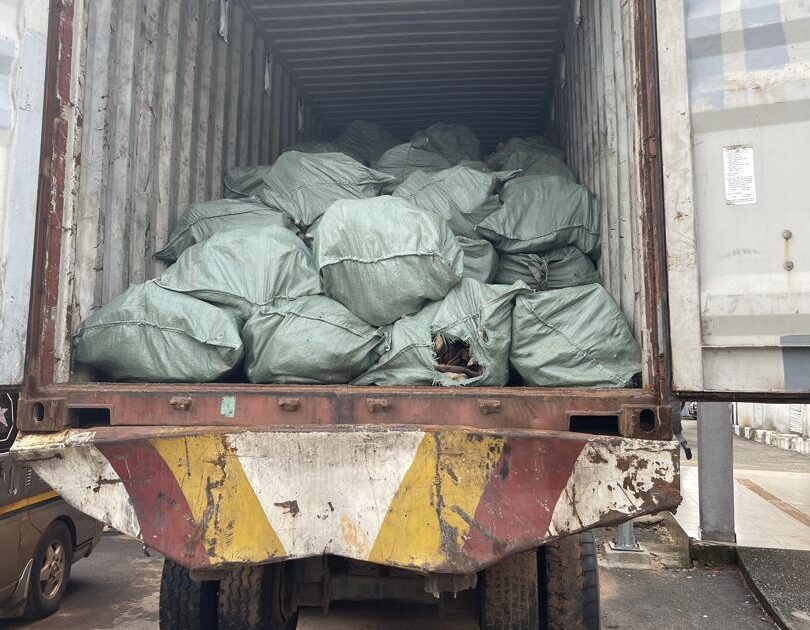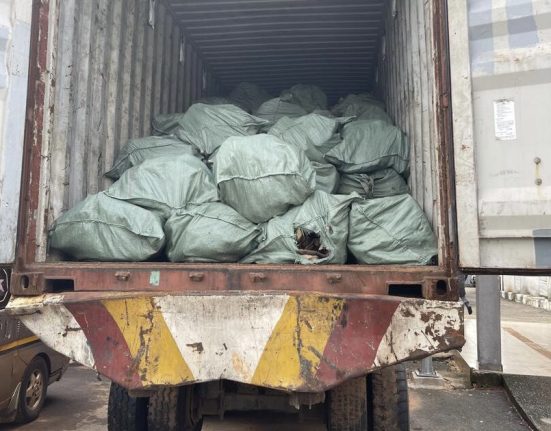PORT HARCOURT, NIGERIA — The Federal Operations Unit (FOU) Zone ‘C’ of the Nigeria Customs Service (NCS) has intercepted and impounded a massive illegal consignment of donkey skins valued at over ₦3.6 billion, thwarting an attempt to smuggle the items out of the country through Nigeria’s eastern export corridor.
The operation, which was carried out following credible intelligence and coordinated surveillance, led to the seizure of 5,600 processed donkey skins concealed in a warehouse along a key trade route. The prohibited items were believed to be bound for export markets in Asia, where demand for donkey derivatives continues to surge despite international regulations.
Speaking at a press briefing on Tuesday, the Acting Customs Area Controller for FOU Zone ‘C’, Deputy Comptroller Kayode Kolade, confirmed the seizure and reiterated the Service’s commitment to halting wildlife trafficking and upholding Nigeria’s environmental protection laws.
“This seizure is significant, not just for its economic value, but for its implications in the fight against wildlife crimes and the protection of endangered species,” Kolade stated. “The slaughter and trade of donkeys for their skins are illegal under Nigerian law, and this act undermines both our environmental commitments and national image.”
He added that no arrests had been made yet, but investigations were ongoing to track down the perpetrators and dismantle the smuggling network behind the operation.
Donkeys are listed as protected animals under Nigerian law, and their exploitation for commercial export has raised alarm among conservationists due to the rapid depletion of the species in parts of Africa. The Federal Government, through the Ministry of Agriculture and Natural Resources, has banned the export of donkey skins in a bid to curb the illicit trade.
According to Customs authorities, the seizure is part of broader efforts by the Nigeria Customs Service to enforce the Convention on International Trade in Endangered Species of Wild Fauna and Flora (CITES) and protect Nigeria’s biodiversity from unsustainable exploitation.
The interception has been handed over to relevant environmental and security agencies for further investigation and prosecution.

